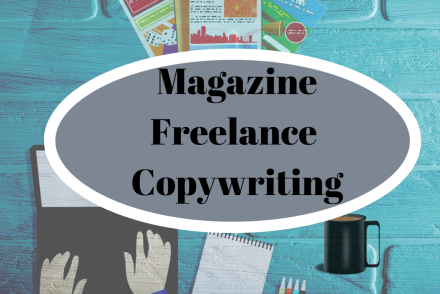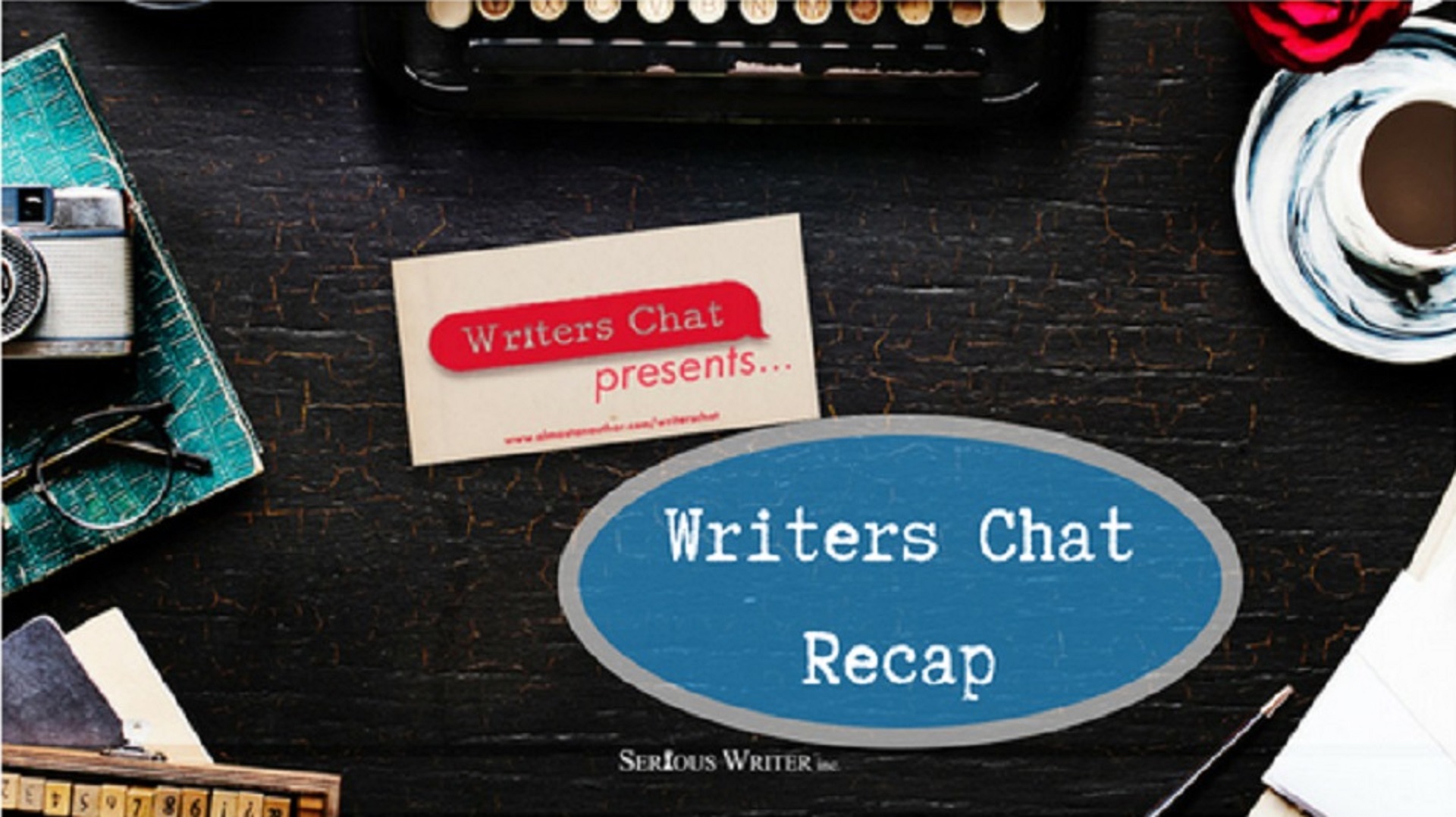
How to Start Writing Professionally: Essential steps for Aspiring Authors
Landing your first professional writing gig can feel like an uphill task if you’re an aspiring author. Things can…
October 15, 2024
Landing your first professional writing gig can feel like an uphill task if you’re an aspiring author. Things can…
October 15, 2024
Medical scenes can be a great way to explore the natural drama of life. These types of events frequently…
April 14, 2024
Freelancing as a writer can be deeply rewarding. You’re getting paid to show off your wordsmithing skills and can…
October 14, 2023
Freelancing as a writer can be deeply rewarding. You’re getting paid to show off your wordsmithing skills and can…
September 14, 2023
If you’re feeling uninspired and like nothing you write seems good anymore, you likely got a case of writer’s…
May 14, 2023
Making it as an author has changed dramatically in the digital age. Today, building your personal brand online is…
April 14, 2023
Copywriting has changed a lot in the past decade. Instead of writing for print media, most copywriters now work…
February 14, 2023
No matter how long you’ve been writing, you know that your “finished” copy is really nowhere near complete. Once…
January 14, 2023
LinkedIn is the world’s largest professional network. They help 8 people get hired every minute and host a range…
December 14, 2022
When you’re a freelance copywriter or author, you’re not just your own boss — you are your own brand,…
November 14, 2022
While the life of a writer may seem easy to the outsider, in reality, it is not for the…
October 14, 2022
To put it simply, a marketing copywriter is a person who creates texts to sell products. It can be…
May 11, 2021
When I tell people that I make my living writing, they don’t typically think of web content for lawyers…
June 13, 2019
Everything feels magical at the holidays. More smiles. More laughter. More glitter. Here are some ways to sprinkle holiday…
December 27, 2018
Normally, when you search for a definition, you are looking for a way to narrow a term or concept.…
October 27, 2018
Online copywriting gurus say you need a niche if you want to make it as a content marketing writer.…
October 27, 2018
When I heard that Aretha Franklin had passed away, I felt the urge to listen to her hits. After…
August 27, 2018
Freelancing is the future of work, and copywriting looks like it’s the future of advertising. Freelance copywriting, therefore, can…
July 27, 2018
Writers Chat, hosted by Jean Wise, Johnnie Alexander, and Bethany Jett, is the show where we talk about all…
July 17, 2018
Are you on LinkedIn? If so, let’s connect. If not, please join us. LinkedIn is your online watering hole…
June 27, 2018
I broke into a cold sweat when I read the email. Could it be true? I reread the email.…
May 27, 2018
Since I became a copywriter, I have written for my own clients and for digital marketing agencies. Each arrangement…
April 27, 2018
This month marks my one-year anniversary as the copywriting guy on Almost An Author. Have I convinced you yet…
March 28, 2018
Global digital marketing is a $209-billion-dollar-a-year industry ruled by five titans – Google, Facebook, Amazon, Alibaba, and Baidu. Any…
March 1, 2018
Content Marketing (noun) def: marketing that tries to attract customers by distributing informational content potentially useful to the target…
January 30, 2018